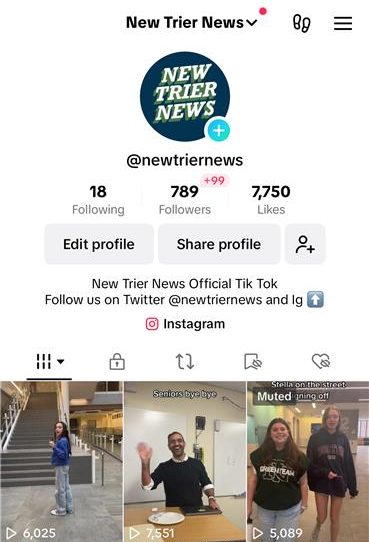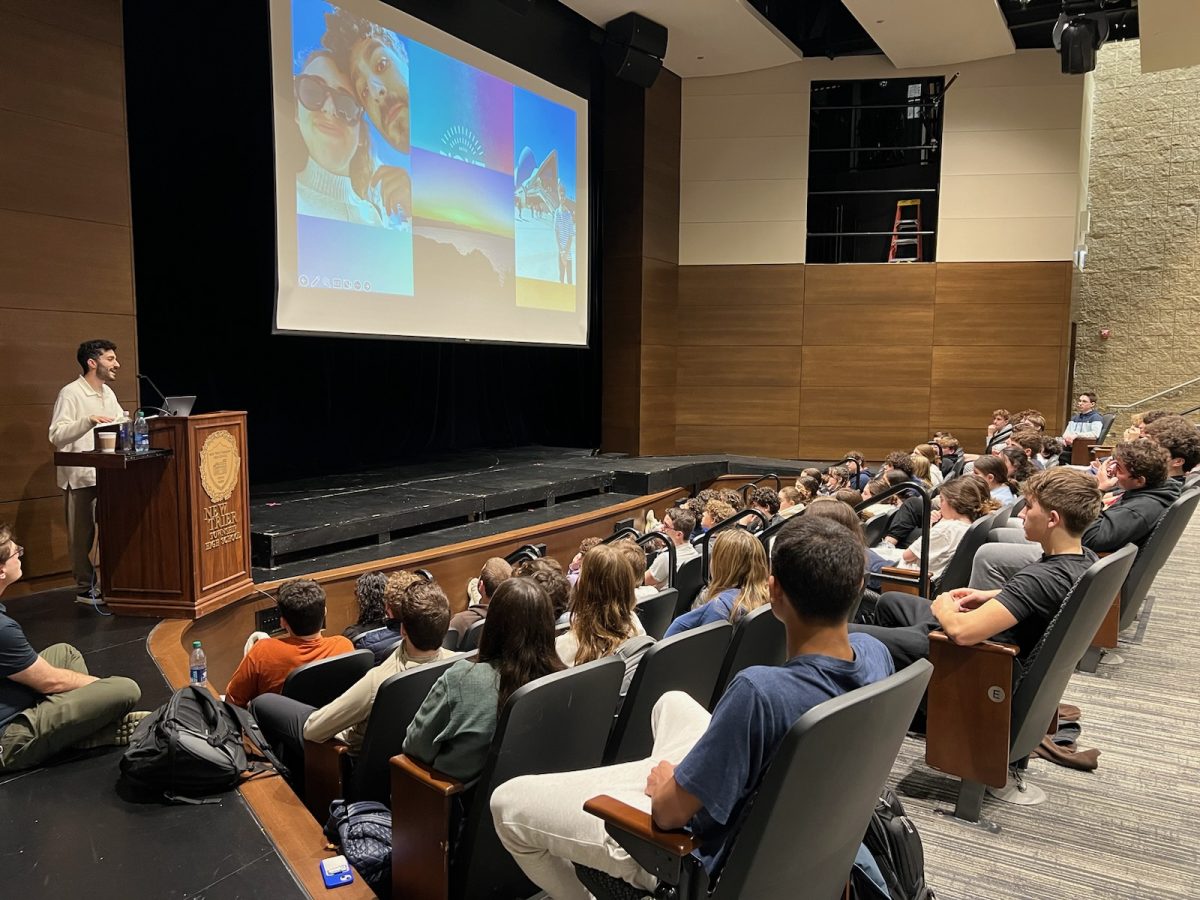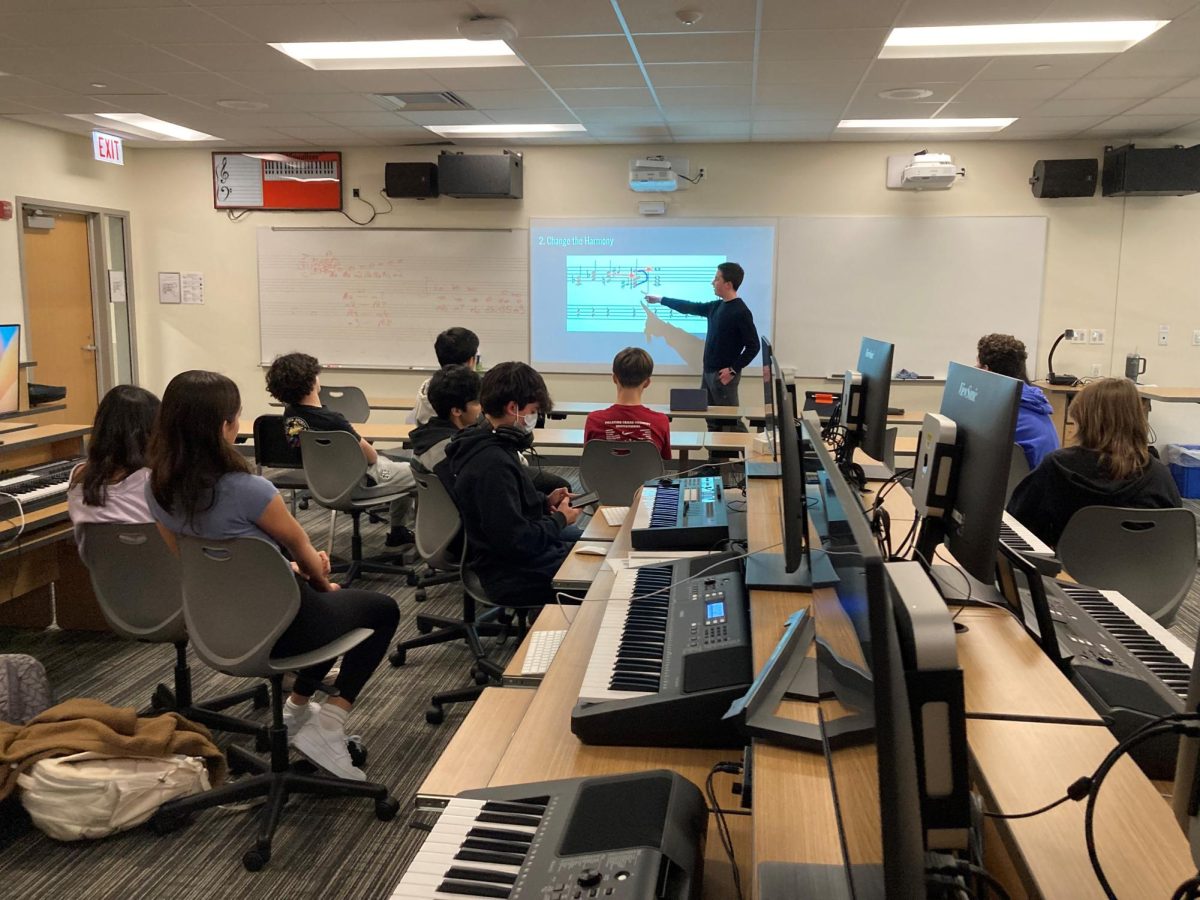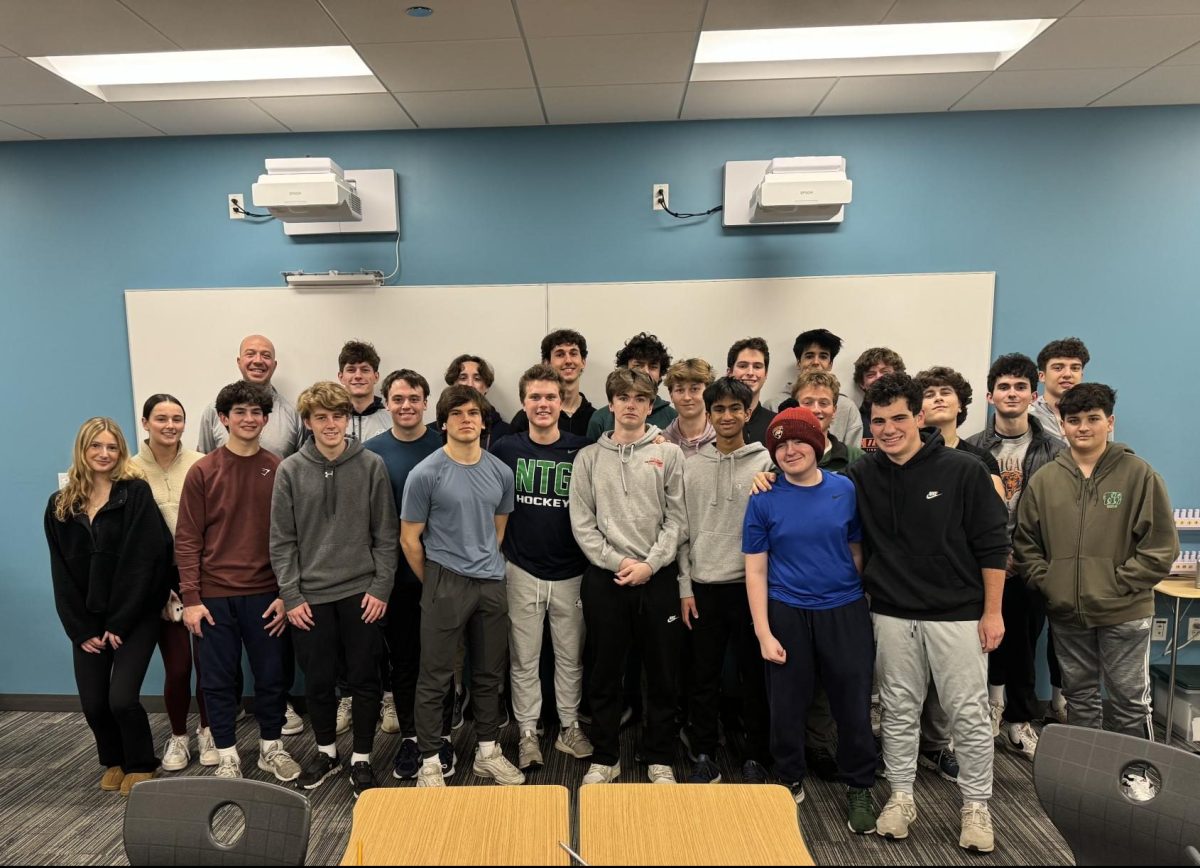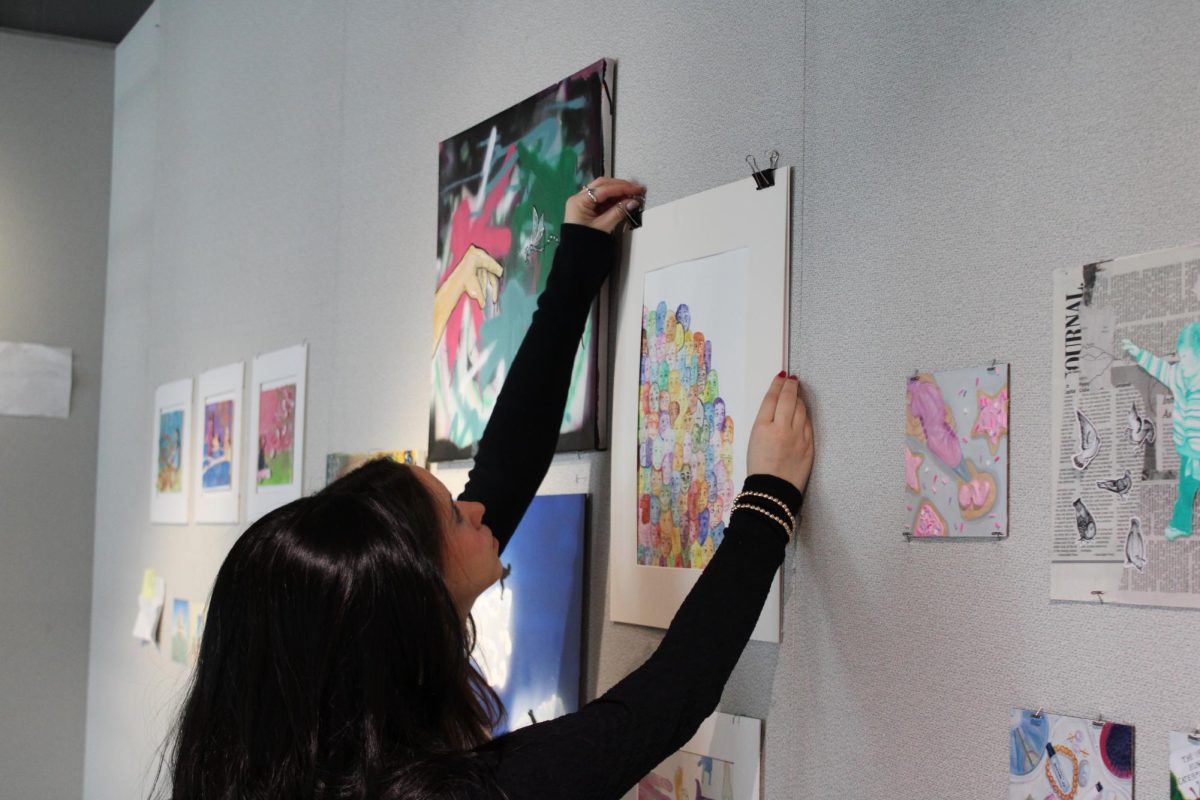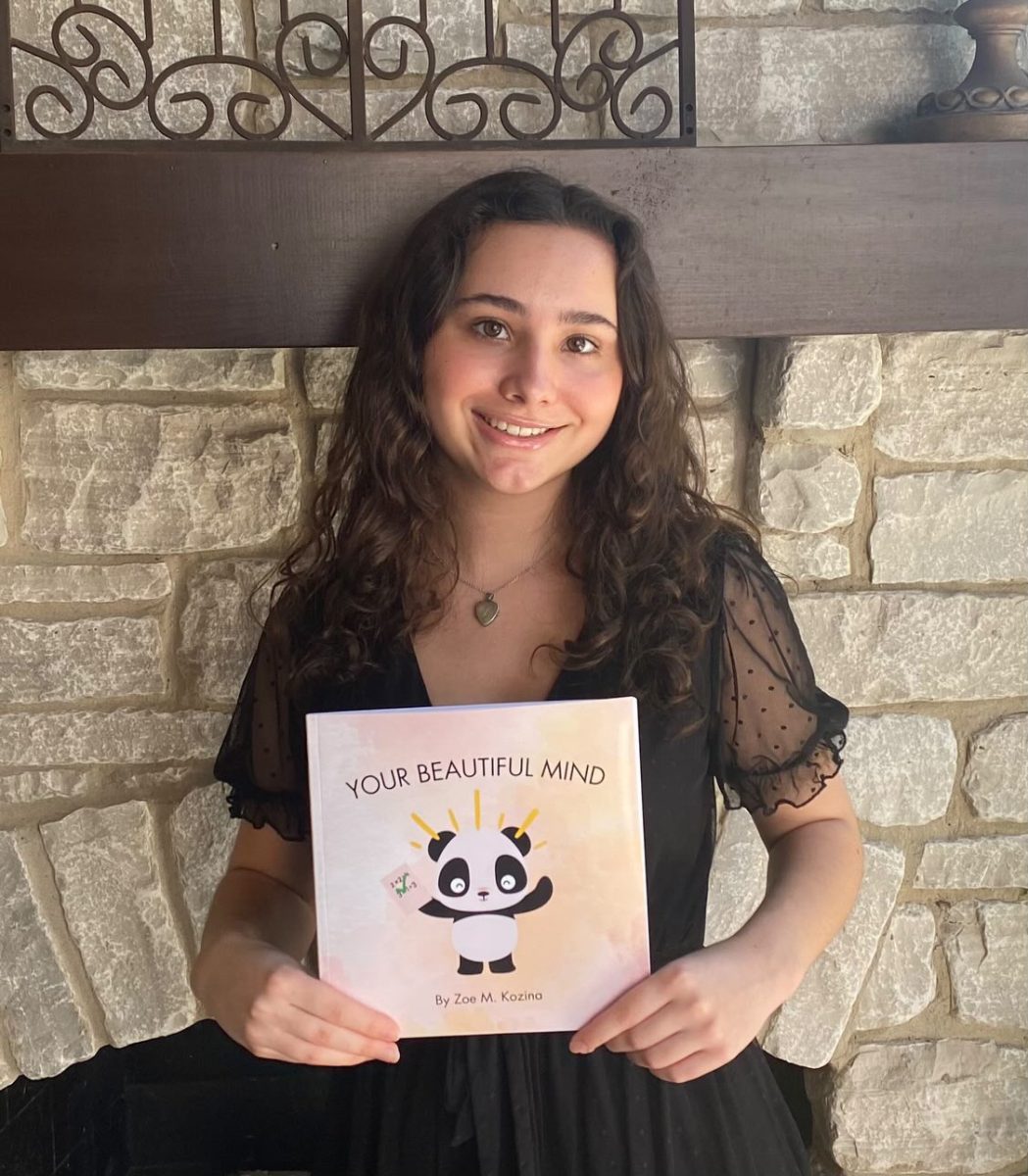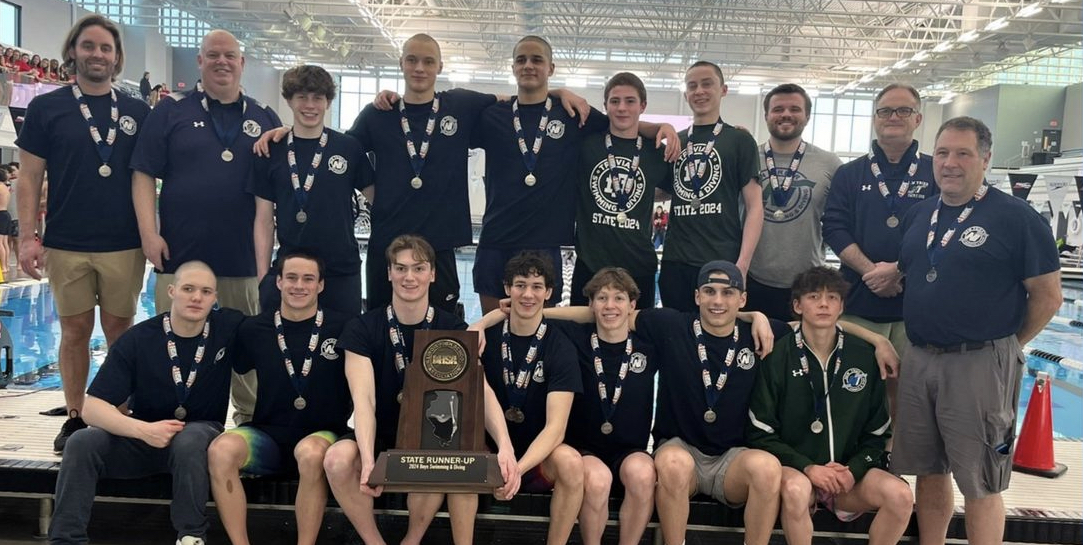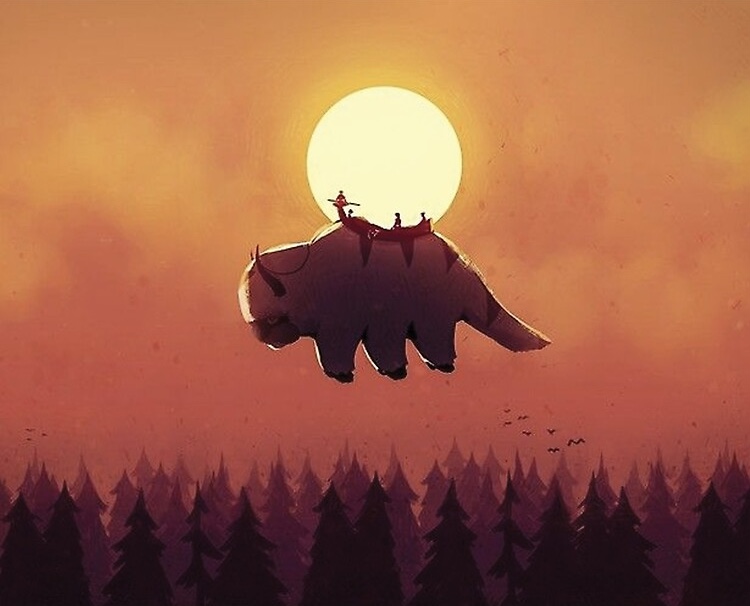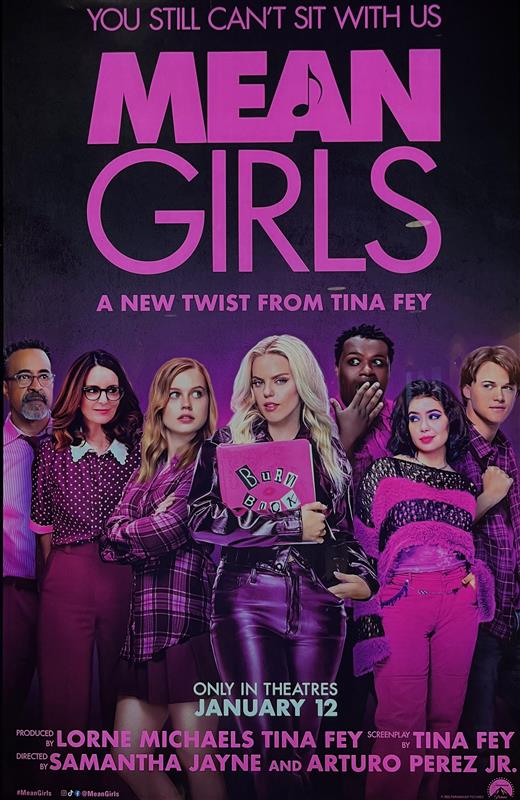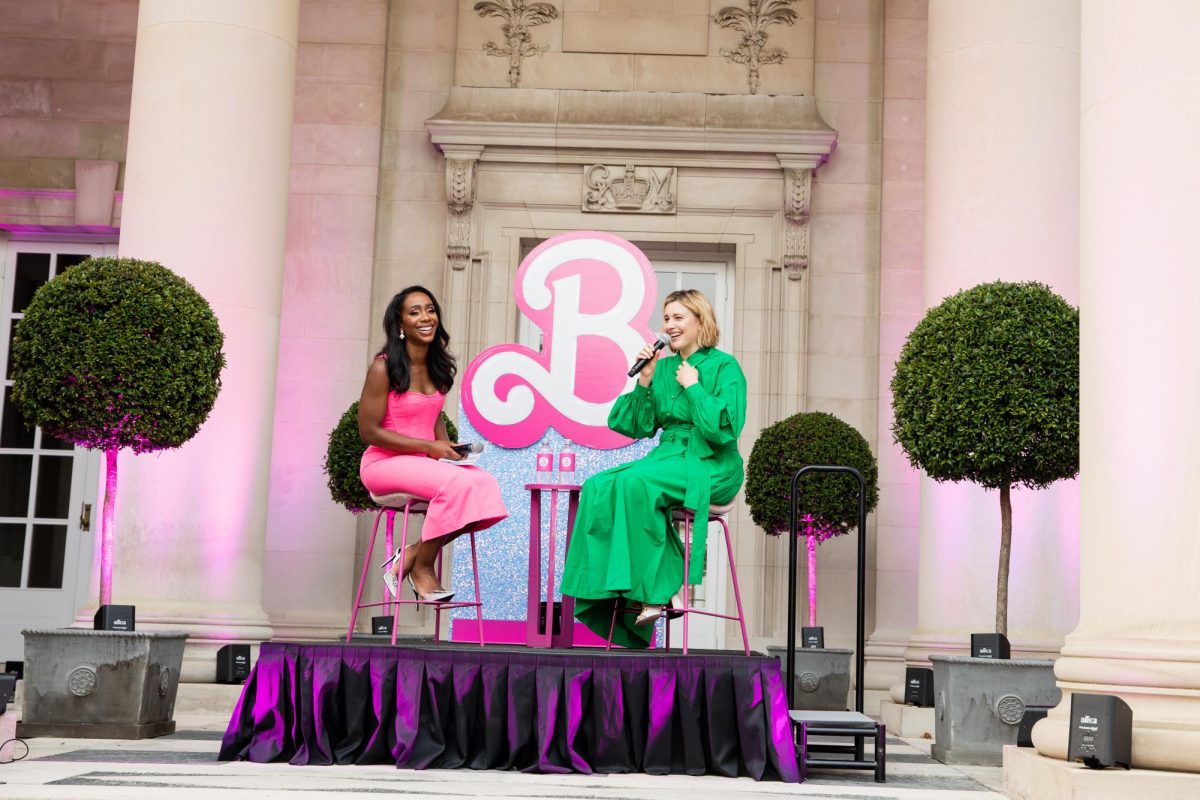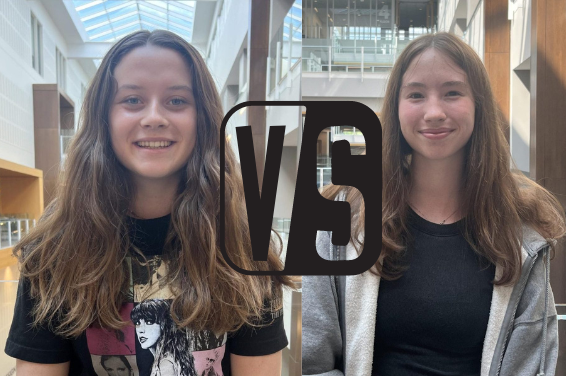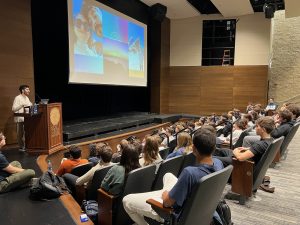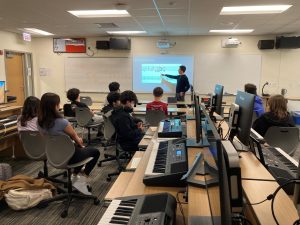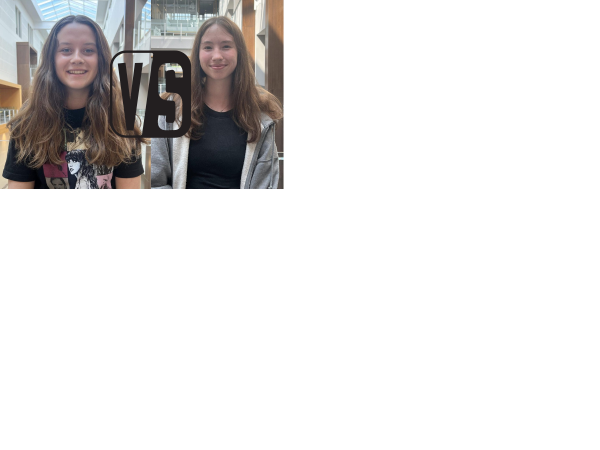Why Alexander Hamilton is a lucky guy
Bewere: Fangirling ahead
October 8, 2016
For those of you who don’t know much about the musical Hamilton (first of all, how dare you?) its closing number, “Who Lives, Who Dies, Who Tells Your Story,” is about doing what you believe is best regardless of those around. No matter what you do, you can’t control your legacy.
Alexander Hamilton was not honored; most people hated him; although any APUSH student can give you the details, the rest of the world didn’t really give him much credit until recently.
And now, despite the fact that he was pretty much ignored for more than two-and-a-half centuries, I believe he’s one of the luckiest men ever to live.
Not only is his story being told to millions, but the man doing the telling is Lin Manuel Miranda, one of the most moral, modest, magnanimous men ever to grace the stage.
I was lucky enough to see him live last Sunday, interviewed by Chris Jones at an event sponsored by the Chicago Tribune and the Humanities Festival.
I was stationed in the nosebleeds on the second balcony of the Lyric Opera House.
It was six ornate flights of stairs up and so far back that if I’d taken a picture (which I would never do in a theater anyway) the interview would’ve been over before the light of the flash reached the stage.
Regardless, I was just happy to be there. There was something about watching Miranda speak in real time.
When the whole theater erupted in laughter or applause, I felt like maybe I wasn’t the only one who smiled and sobbed through his Tony’s acceptance speech over and over and over again.
Miranda is an inspiration to me not because he’s incredible at what he does (although he is incredible at what he does, and it certainly doesn’t hurt) but because what he does is unique.
It is not an appeal to the theater industry or to the whims of the public. He does what he feels passionate about, regardless of the odds stacked against him.
It’s easy to do something when you have a reference, when the vision is already mapped out for you.
I remember wanting to write a fantasy novel in seventh grade because I thought people liked them. I fought so hard just to come up with a premise that was ‘good enough.’
It’s not that I didn’t have ideas, but if they even peeked outside the box, I slammed them back in, determined to stay in a certain genre, as if pushing the boundaries was breaking some oath.
Spoiler alert: that novel, if you can call 20-something pages filled with the writing equivalent of cat puke a novel, was awful.
The only person it bored more than my mother (who was forced to read it) was me. I was bored of it before I even started.
I couldn’t figure out what was wrong. It was all mapped out, a full plan for a novel that I couldn’t bring myself to write, so I gave up.
Of course I knew why. I knew I didn’t like the idea, but it was only after seeing Lin Manuel Miranda that I thought maybe there was a way to get around it. Looking at the gleam in his eyes on the screen (I was way too far away to see his actual eyes) as he talked about writing and planning, years and years of work, I saw what true inspiration looked like. It was the kind of inspiration that transcended time and frustration and writer’s block.
He explained that there’s a four out of five failure rate in terms of seeing a return on your investment in making a show.
“So, what is the lesson you take away from that?” he asked. “You cannot do something because you think it will make money. You have to do it because you believe in it. You have to do it because you believe you can learn from it. You have to do it because you love it.”
Being inspired doesn’t have anything to do with skill, nor does accomplishment usurp the value of self-satisfaction. Walking away from the event, I, for one, was excited to look for inspiration. I didn’t feel daunted by working hard or scared of failure.
So, maybe Alexander Hamilton’s story didn’t turn out so well. But the story of his story is a huge success, and the story of the story of his story is inspiring thousands, myself included, to look at history, and storytelling, and inspiration in a whole different way.


